Recently, sharing at the seminar "Breakthrough policies to attract talents in higher education , science and technology and innovation" organized by Hanoi University of Science and Technology, Mr. Nguyen Quan, former Minister of Science and Technology, said that not only now, but many years ago, Vietnam had policies to attract and utilize talents.
For example, Resolution 27 on building a team of intellectuals (2008), Resolution 20 on developing science and technology (2012), Resolution 29 on fundamental and comprehensive innovation in education and training (2013)... However, despite having specific policies, most of them have not been effectively implemented and put into practice.
He cited Resolution 98 of the National Assembly allowing Ho Chi Minh City to pay the salaries of leaders of the city's public research institutions up to 120 million VND/month. But so far, no one has dared to accept that salary. "If a leader alone receives 120 million VND while everyone else receives 10-15 million VND, how can he work? If the leader receives 120 million VND, then the deputy leaders and project managers should also receive 80-90 million VND," he said.
He also said that the world has gone through hundreds of years of scientific and technological development and has gained valuable experience, we should learn from international practices. "If we continue to have our own style and 'playground', it will be very difficult. As a result, the public sector is experiencing a serious brain drain - from public to private, from domestic to foreign. Nothing can stop it if we do not have timely and breakthrough solutions," he said.
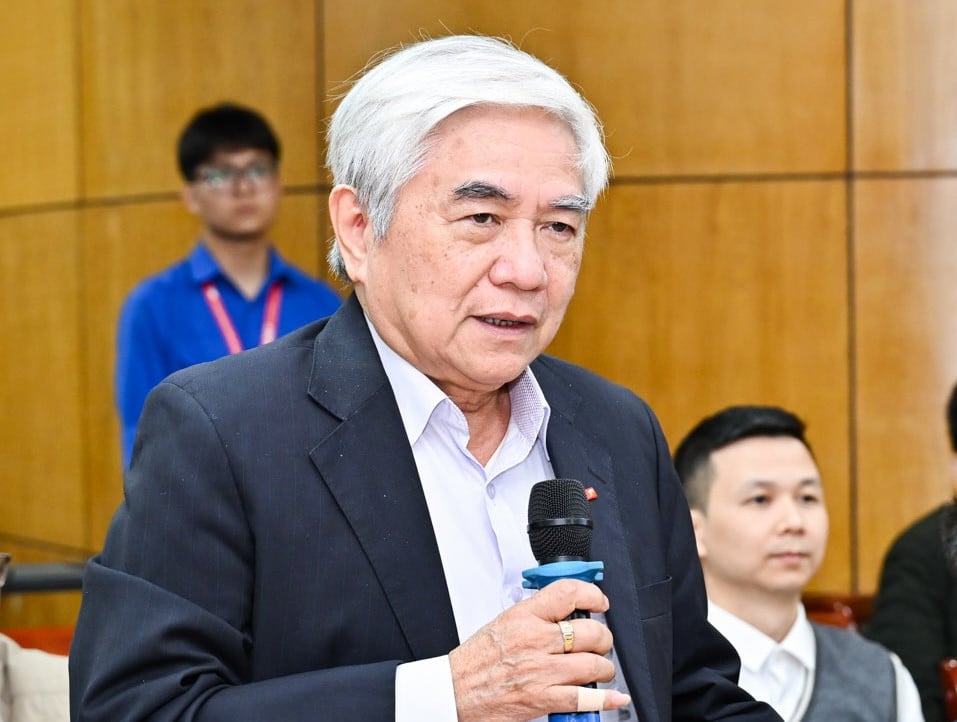
To put the policy of attracting talent in education and science and technology into practice, the former Minister of Science and Technology said that it is necessary to focus on three directions.
First, the remuneration policy must be realistic and feasible. To do so, it is necessary to give autonomy to public establishments, but not 'extreme autonomy'.
“The state still has to support public entities. If they are forced to be autonomous, they will become private entities. Autonomous entities should only take care of their regular expenses, while the state must take care of investments. Only then will they be flexible in paying high salaries and retaining staff,” he said.
Second , the heads of public units are very important. “Without leaders who are dedicated, have vision, have prestige, and know how to care and share, it is very difficult to retain talent. Attracting is difficult, but retaining is even more difficult.”
He believes that foreign scientists when returning can accept lower salaries, but at least they must be cared for, assigned work, assigned topics, projects, assigned strong research groups... They need jobs and through jobs they can have income.
Third , it is necessary to create autonomy for scientists. When inviting a good person, they must be empowered. For example, if they are the head of a research group, they must be given a separate budget, the right to invite domestic and foreign colleagues to work together... In addition, they must be assigned tasks according to the order form and be responsible for monitoring, urging, and organizing implementation.
“If policies are not consistent, leaders do not really care and the research ecosystem is not favorable, it will be very difficult for us to attract or retain talented people,” Mr. Quan affirmed.
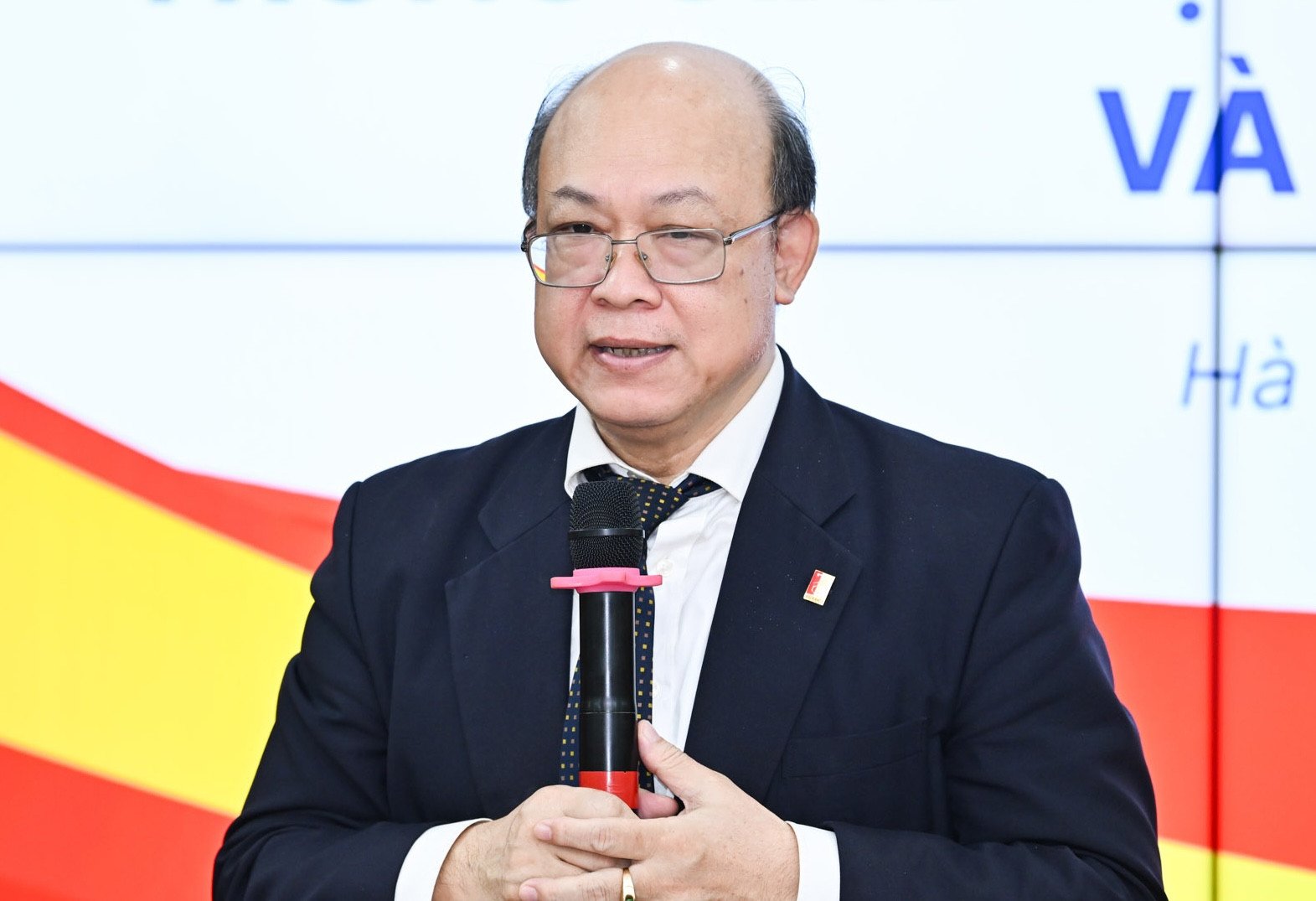
Regarding talent attraction, Associate Professor Huynh Quyet Thang, Director of Hanoi University of Science and Technology, said that from 2023 to now, this unit has had a pilot project to attract talent. Recently, Hanoi University of Science and Technology continued to issue a project to attract and recruit talented young lecturers, experts, and leading scientists in the period 2025-2030. This is considered the school's largest talent attraction project to date.
“We believe that the first breakthrough must be about people. Having excellent people will bring many things,” Mr. Thang said.
According to Mr. Thang, the income of Hanoi University of Science and Technology staff has improved in the past 5 years. However, the school is a public university, so the decision on treatment and salary policies must still follow state regulations, so it cannot be compared with some schools in the private sector because of different mechanisms.
Sharing the same opinion with Mr. Quan, Mr. Thang also acknowledged that salary is not everything, especially for young scientists.
“What is also important is the working environment, respect, the right to work, creativity, and dedication,” said the Director of Hanoi University of Science and Technology.
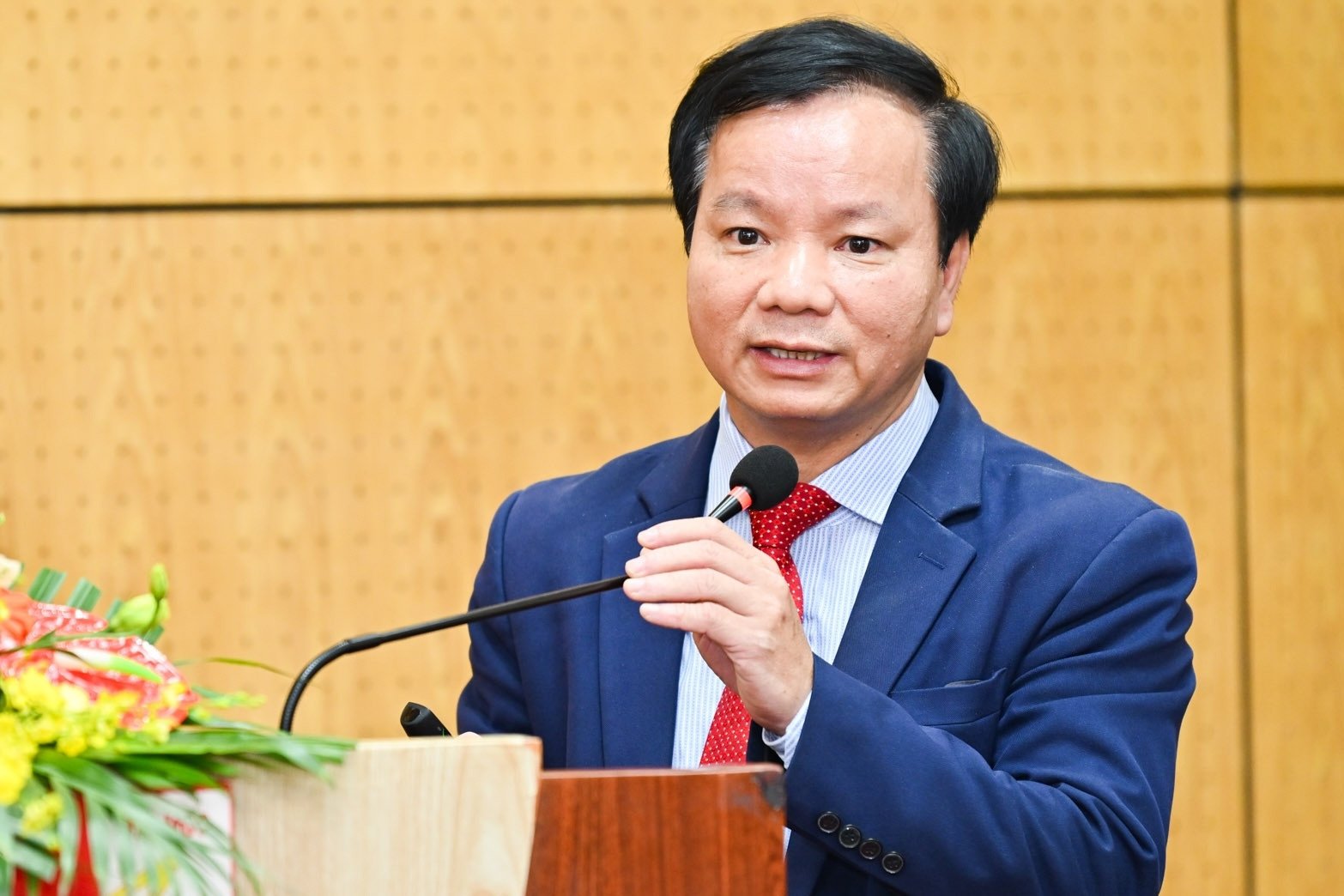
Source: https://vietnamnet.vn/nhieu-tinh-moi-giao-su-ve-nhung-ca-nam-khong-giao-viec-2459343.html




![[Photo] Opening of the 14th Conference of the 13th Party Central Committee](https://vphoto.vietnam.vn/thumb/1200x675/vietnam/resource/IMAGE/2025/11/05/1762310995216_a5-bnd-5742-5255-jpg.webp)






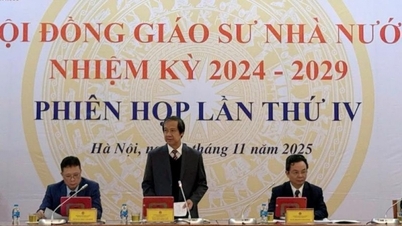








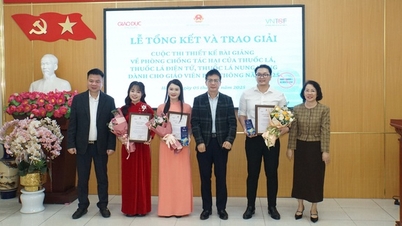

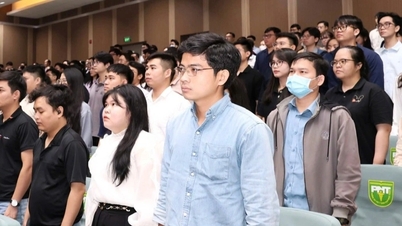
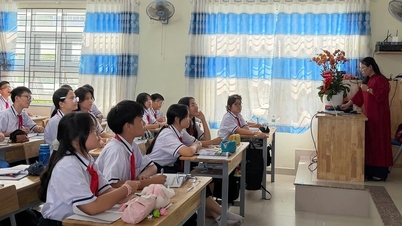

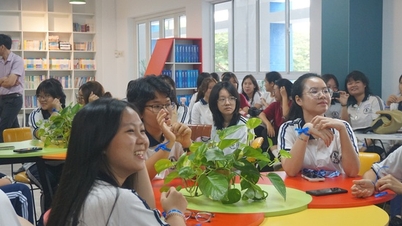
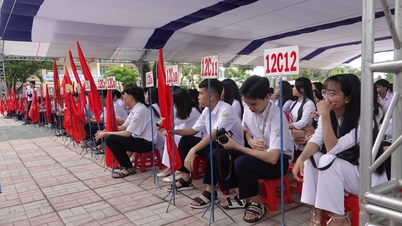










![[Photo] Panorama of the Patriotic Emulation Congress of Nhan Dan Newspaper for the period 2025-2030](https://vphoto.vietnam.vn/thumb/1200x675/vietnam/resource/IMAGE/2025/11/04/1762252775462_ndo_br_dhthiduayeuncbaond-6125-jpg.webp)










































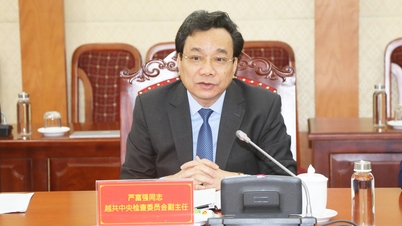

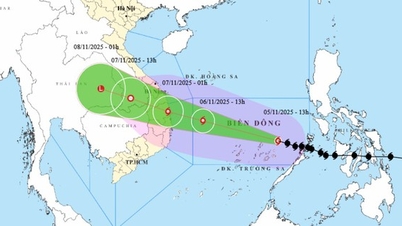






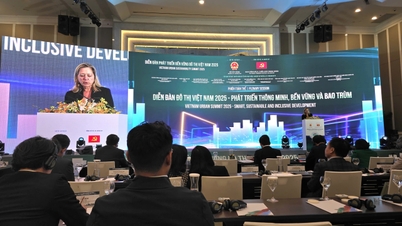



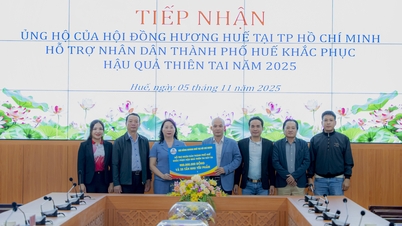


















Comment (0)